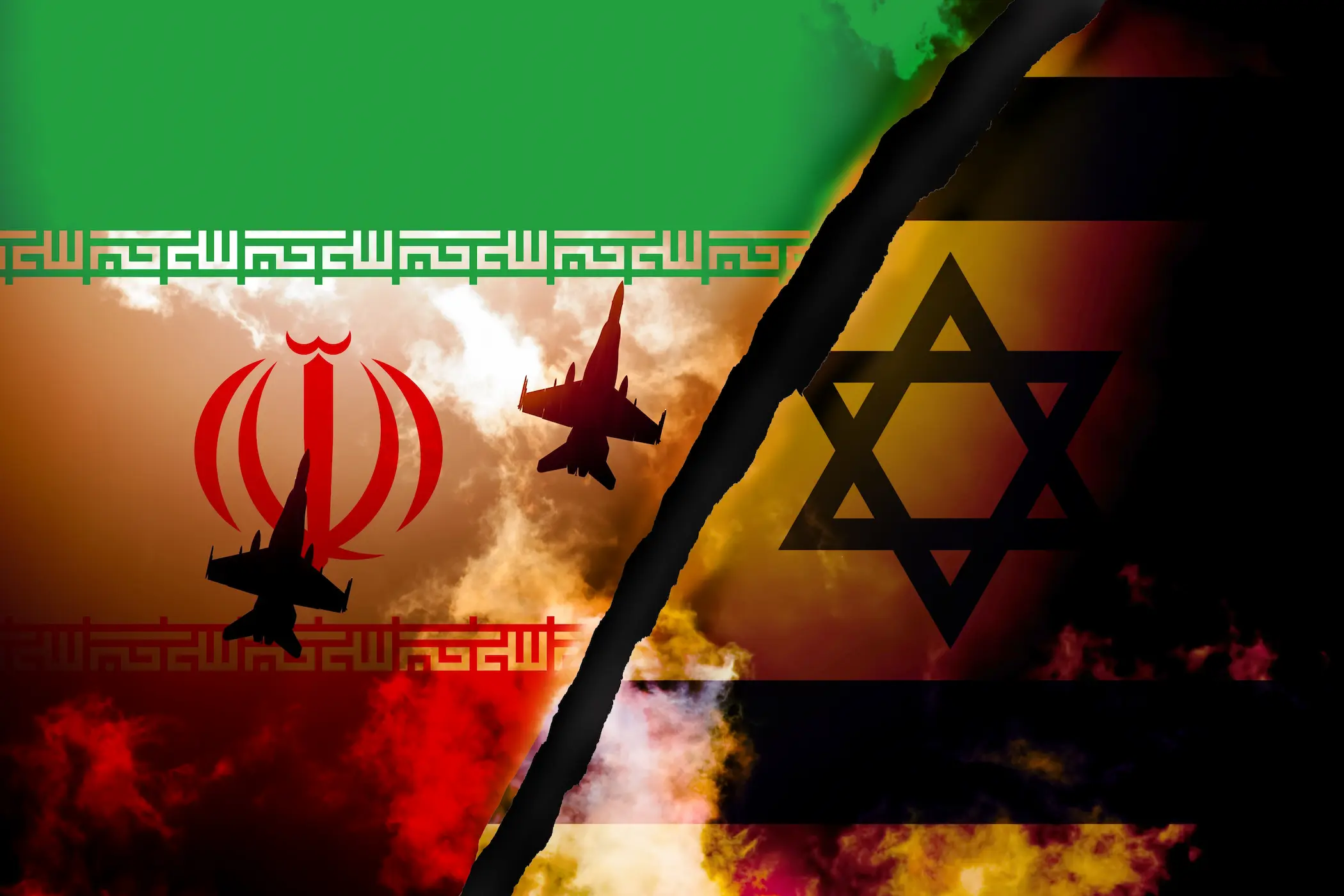5 Oct 2025
Balancing Talent and Identity: The GCC’s Labor Market Test
The Gulf Cooperation Council (GCC) labour market is at a pivotal crossroads. The high ratio of expatriate workers, which accounts for almost 78% of the total workforce in this region as of Q2 2024, according to a recent statement from GCC Assistant Secretary General for Economic and Development Affairs, underscores its heavy reliance on foreign labour. While this dependence has greatly fuelled rapid economic growth, it now imposes significant challenges to the ambitious diversification agendas. Across the region, and in an attempt at reducing reliance on foreign labour, governments throughout the GCC are intensifying the adaptation and implementation of nationalization strategies to rebalance the labour market in favour of nationals.
This situation offers a mix of opportunities and risks—on one hand, the potential for more inclusive and sustainable growth, and on the other, the risk that reforms misaligned with market realities could undermine competitiveness. Hence, amid this tension, the challenge of nationalization becomes increasingly urgent.
14 Jun 2025
Strategic Assessment: The “Rising Lion” Strike and the Reshaping of Regional Security in the Middle East
On June 13, 2025, Israel launched an unprecedented and overt military operation against Iran, codenamed "Operation Rising Lion", marking a decisive shift in its strategic doctrine regarding Tehran’s nuclear trajectory. The operation, involving more than 200 combat aircraft—including F-15Is, F-16Is, and F-35s—targeted key nuclear infrastructure, foremost among them the Natanz enrichment facility, in addition to sensitive military and intelligence compounds in Tehran and suspected subterranean missile installations across multiple provinces.
The aerial strikes were not executed in isolation. They were accompanied by limited ground incursions carried out by Israeli special operations forces inside Iranian territory, alongside locally launched drones and sabotage missions activated by embedded networks, indicating a hybrid warfare architecture integrating airpower, cyber capability, and covert assets.
The operation resulted in the assassination of several senior Iranian military officials, including IRGC Commander Hossein Salami and Armed Forces Chief of Staff Mohammad Bagheri, as well as prominent nuclear scientists. Nevertheless, the intensely fortified Fordow enrichment facility, situated beneath a mountain near Qom, remained untouched, preserving Iran’s technical capacity to resume high-grade uranium enrichment if it chooses to do so.
Iran’s immediate response consisted of launching over 100 armed drones toward Israeli airspace, followed by announcements to construct a new, “impenetrable” enrichment site and to upgrade centrifuge infrastructure at Fordow. Globally, oil prices surged by over 10% within 24 hours, reflecting fears of regional destabilisation, particularly in light of Iran’s proximity to critical maritime chokepoints.
This paper thus aims to analyse the likely contours of Iran’s retaliatory strategy and to assess the broader geopolitical ramifications of the Israeli strike, particularly as they pertain to the security and strategic postures of the Arab Gulf in light of the retaliatory actions of Iran.
30 Apr 2025
The 2025 European Blackout: Grid Fragility, Renewables, and Lessons for the Middle East
On April 28 2025, Europe experienced one of its most disruptive technological collapses in modern history. A sudden, cascading failure of the power grid cut off electricity all over Spain, Portugal, parts of France, Germany, and Italy, immobilising vital infrastructure such metro systems, airports, hospitals, and telecommunications. Spain alone suffered an unmatched 15 GW loss in five seconds, reducing roughly 60% of its power need. Emergency states were declared; recovery, albeit quick in some areas, revealed systematic weaknesses in the European energy framework that resonate far outside the continent.
25 Feb 2025
Emergency Arab Summit: The End of Gaza’s Suffering?
The upcoming emergency Arab summit in Cairo on March 4, 2025, occurs amid widespread regional and global condemnation of U.S. President Donald Trump's proposal to "take over" the Gaza Strip, transform it into what he claims will be the "Riviera of the Middle East," and resettle Palestinians elsewhere. This plan, though predictably outlandish, catalyses a gathering fraught with both peril and potential as it introduced uncertainty into the delicate ceasefire negotiations between Israel and Hamas. There are growing concerns that it may derail discussions for the second phase of the truce, which seeks to end the 15-month-long war.
Cairo finds itself not merely hosting a summit, but rather presiding over a critical juncture, one that will test the very foundations of Arab solidarity and expose the vulnerabilities inherent in a region perpetually teetering on the brink. This summit is not simply about addressing the Palestinian issue; it is about confronting a blatant disregard for Palestinian rights and a cynical manoeuvre that threatens to unravel any semblance of regional stability.
The summit’s raison d'être is clear to construct a unified Arab front against this displacement agenda and, more broadly, to reaffirm a collective commitment to the Palestinian cause. However, the very notion of “Arab unity” is itself a historically fraught concept, often more aspirational than actual. Past summits have showcased deep divisions and diverging national interests, rendering collective action elusive. Cairo must navigate these fault lines, leveraging the palpable outrage over the displacement proposal to forge a genuine consensus. The challenge lies not only in articulating a unified stance but in ensuring its practical implementation, translating rhetorical solidarity into concrete actions. This summit will serve as a litmus test for the Arab League’s relevance and capacity to act as a cohesive force in the face of external pressures and internal fissures. The spectre of past failures looms large, demanding a demonstrable shift from pronouncements to tangible outcomes.
18 Sep 2024
Restoring Lost Deterrence: Pager Explosions in Lebanon
In a well-coordinated assault targeting Lebanon’s southern suburbs—an area known for being a Hezbollah stronghold—and specific regions in Syria, hundreds of pager devices used by Lebanese Hezbollah members were detonated simultaneously. Early reports, at the time of writing, suggest the attack claimed the lives of over a dozen individuals and left thousands more injured.
Israel has a long-established record of carrying out extrajudicial operations, ranging from targeted assassinations to sophisticated cyber-attacks aimed at its adversaries. A hallmark of its tactics includes booby-trapping communications devices, as seen in the 1996 assassination of Yahya Ayyash, a prominent Hamas bomb maker, who was killed using a bomb concealed within his mobile phone. Given this precedent, it is plausible that Israeli intelligence, specifically the Mossad, orchestrated the recent operation by infiltrating the manufacturing process of these pager devices, possibly embedding lithium-ion batteries rigged with meticulously calibrated explosives.
The operation raises many questions about the strength of the security of Hezbollah’s communications infrastructure, which calls for looking at the incident from a deeper perspective to decipher its meanings and implications from the perspective of the communications security used by Hezbollah or other resistance groups in the region or even regular armies in the Middle East.
25 Aug 2024
The Economic Ramifications of Israel’s Pre-emptive Strikes on Hezbollah
In the morning of Sunday, Aug. 25, the Israeli army carried out a pre-emptive strike, launching intensive air raids with around 100 fighter jets targeting over 40 sites believed to be Hezbollah’s precision missile launch points. These sites were allegedly being prepared for strikes against Israel’s northern border in retaliation for last month’s assassination of Hezbollah’s military commander, Fouad Shukr. In response, Hezbollah launched a significant counterattack later in the morning, deploying numerous drones and firing over 320 Katyusha rockets at Israel, hitting 11 military targets. The escalation raises concerns, particularly as the Israeli government plans to allow residents to return to the northern areas they evacuated nine months ago. Should Israel fail to mitigate Hezbollah's ongoing strikes, the situation could have severe political and security repercussions for the government. This analysis examines the immediate and direct economic impacts of these mutual attacks on both sides of the border, and the potential broader consequences should the war continue and intensify.





